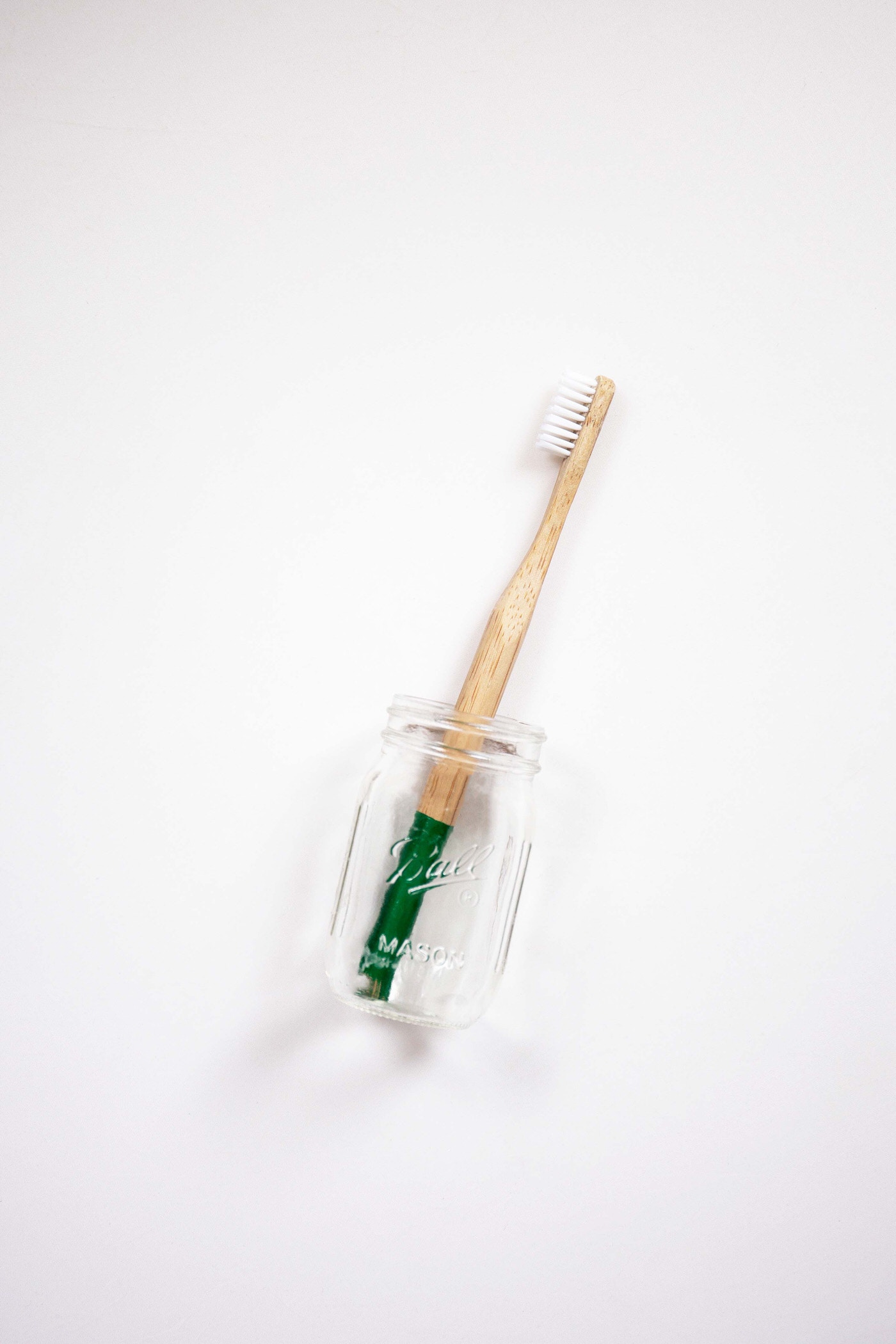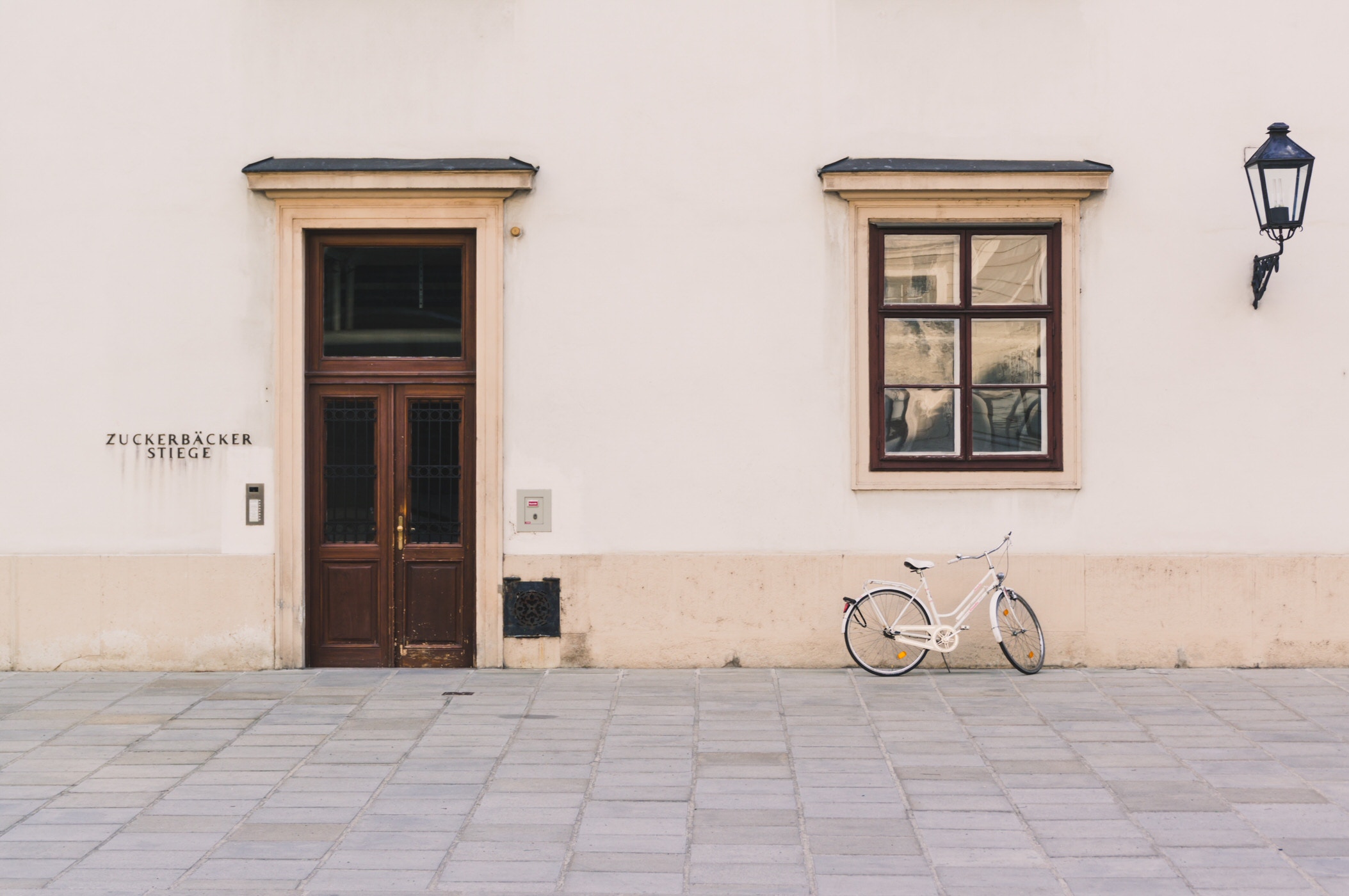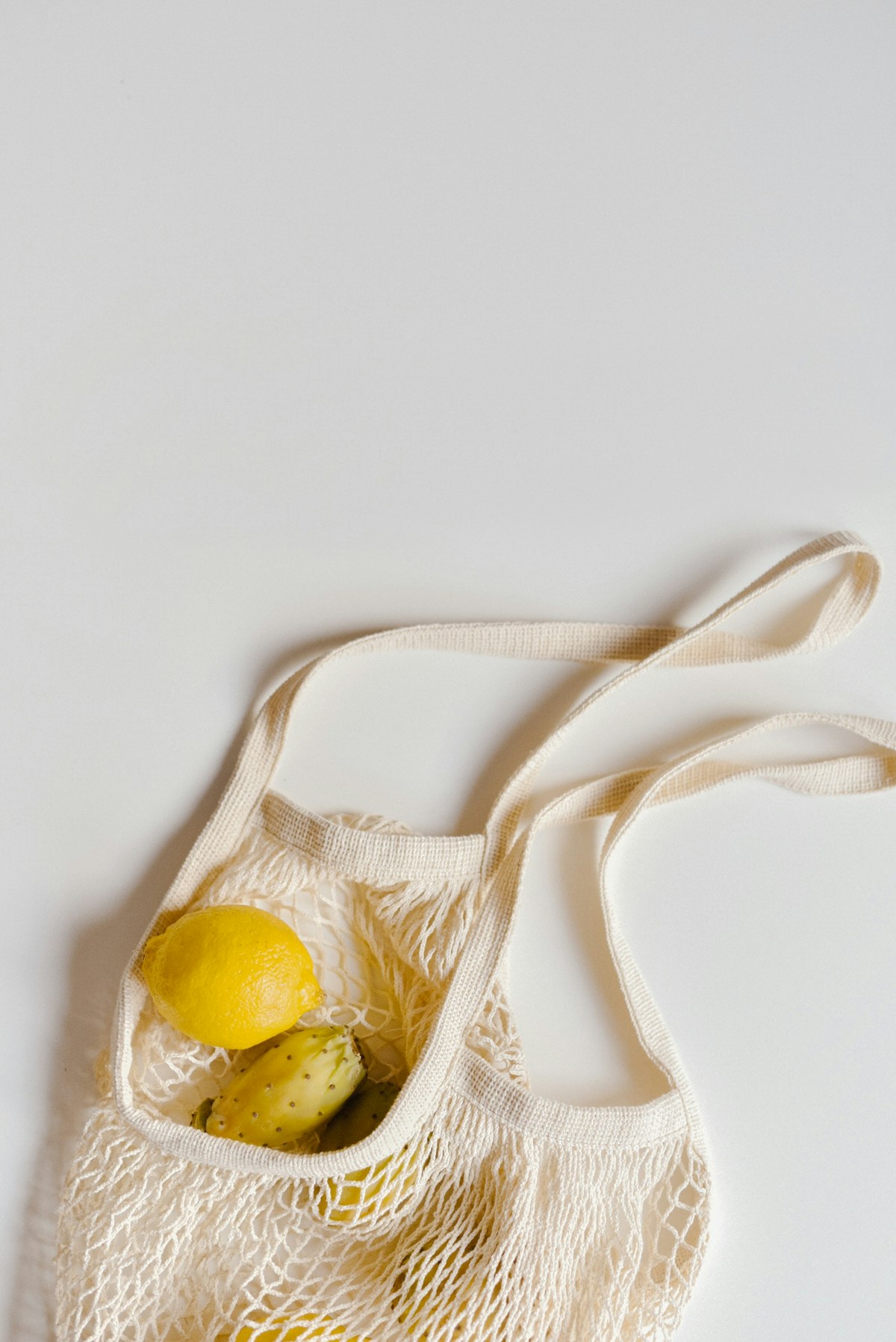The conscious consumer movement has taken off and now more than ever people are choosing to make purchases based on social ethics and environmental standards. Consumer purchasing behavior is powerful, and we are already starting to see how giant companies like Unilever are responding to consumer demands for safer and more eco-friendly products.
Make no mistake though, many companies are using the sustainability movement as a way of marketing, and ultimately selling their products, and it’s working. Consumers want to feel like they are making a difference to better support our planet, and often times how we choose to spend our money seems like the best way to make that difference.
While the way we choose to spend or not spend our money matters, the issue with associating the sustainability movement with a dollar sign is that it automatically becomes a movement that is exclusive.
It becomes a movement that is represented by the people who can afford to spend $250 on organic linen bedding, and buy (often) expensive clean skincare products. It becomes a movement that is now not capable of motivating the masses, and instead is rooted in privilege, and if we want to really make an impact in fighting climate change, then this movement cannot be one that only a part of the world’s population can participate in.

Why the Most Sustainable Option Is What You Already Own
While I would never argue that making more sustainable and ethical purchases is not important, I will argue that often times the most sustainable option is something that you already own. Waste is still waste, whether it was made sustainably or not, which is why often times the most sustainable option isn’t something new that you need to buy, and instead is something you can repurpose at home.
If you have ever heard about the concept of a circular economy, you know that reusing and repurposing is at the foundation of how we can create a truly waste-free system.
But in order to get there, we have to take a hard look at how and why we make new purchases, and what the lifecycle of that purchase will be. If we already know that the lifecycle of a new item will be short and end in a trash can, or a donation pile, then the question we should be asking ourselves is if we really need to make the purchase in the first place.

5 Ways to Live More Sustainably Without Ever Opening Your Wallet
To help make the sustainability movement more accessible and less tied to the amount of money we spend, it’s time we talked about a few ways that you (and anyone you know) can live more sustainably without ever opening up your wallet.
Get Out and Vote
While individual voices and actions matter, we need drastic policy change if we are going to impact climate change in the way we need to over the next ten years. This means that you need to get out and vote, both in your local and federal elections.
Host a Clothing Swap
Hosting a clothing swap is one of the best ways that you can revamp your wardrobe for free, while also getting rid of items you no longer want. The best part about clothing swaps is that they are also really social, and result in absolutely no textile waste.

Walk and Bike More
If you live in an area where it is safe to walk/bike, then make the point to do so as much as possible. Not only will this save you money on gas, but you also will be getting a workout AND positively impacting the environment.
Reuse What You Already Have at Home:
The next time you go to throw out or recycle a finished yogurt container, glass jar, or packing paper, think about whether or not there could be another use for those items. In our house, I love saving used jam jars for food storage, and paper/plastic packaging or boxes for future mailing needs. Often times there is a way we can extend the life of seemingly worthless objects that can really impact how much waste we create overtime.
Start Composting
Composting is one of the best ways that you can help ensure that your food waste doesn’t end up in landfills and instead ends up back in the soil. While there are a few start-up costs that come with composting at home, many cities are now offering free composting pick-up/drop-off locations to make composting easy and accessible to those living in urban environments.
With these sustainable solutions in mind you can now feel more inspired and empowered to make sustainable choices that don’t ever have you reaching for your wallet. Remember the most sustainable purchase is usually going to be opting to reuse, repurpose, or recycle something you or someone else already has.
